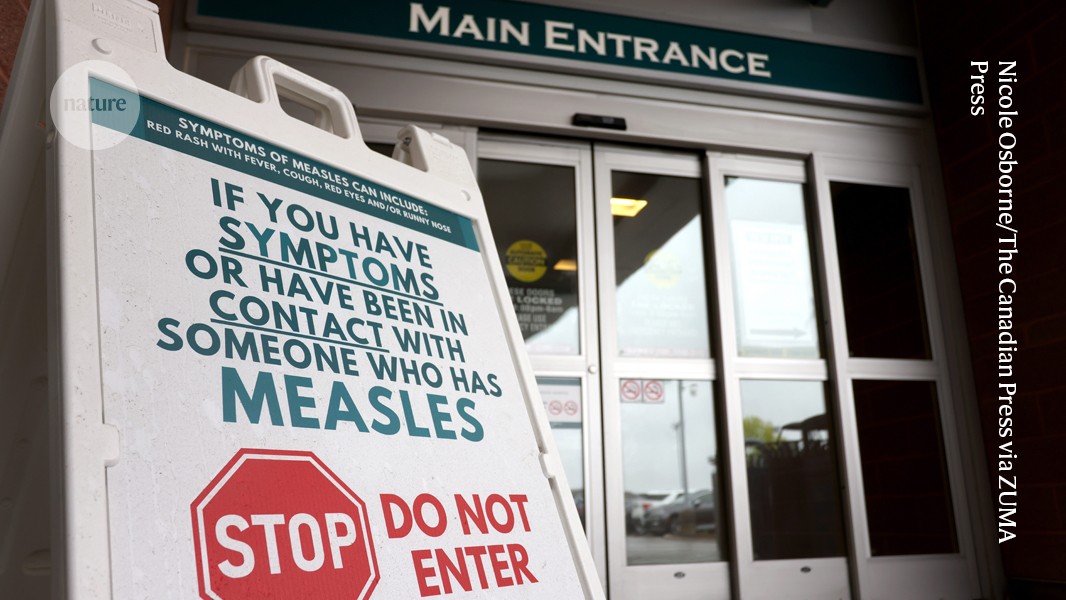
"A surge in measles cases has cost Canada its official measles free designation - and the United States looks likely to follow suit. The spike in Canada's measles rate has been dramatic: so far, there have been 4,843 confirmed cases in 2025, up from just 147 cases in 2024 (see 'Canadian surge'). Meanwhile, the United States has had more than 1,720 confirmed cases this year, more than in any year in the past three decades."
"The global number of measles cases was much higher in 2019 (see 'Up and down and up again'), when Africa was hit hard by outbreaks. And 2024 was particularly bad in Europe; the region saw double the number of measles cases it recorded in 2023, and the United Kingdom declared a national incident. Health officials around the world have been trying to quash measles for decades, with variable success. Countries and regions come and go from the measles-free list frequently."
""Elimination is a fragile state," says William Moss, an epidemiologist at the Johns Hopkins Bloomberg School of Public Health in Baltimore, Maryland. The Americas became the first - and, so far, only - World Health Organization (WHO) region to be declared measles-free, in 2016, but this status didn't last long, thanks to an outbreak in Venezuela in 2018 that spread to Brazil."
Canada lost its measles-free designation after 4,843 confirmed cases in 2025, up from 147 in 2024. The United States has recorded over 1,720 cases in 2025, the highest in three decades, and could lose measles-elimination status if endemic transmission continues through January 2026. Global measles incidence peaked in 2019 and Europe experienced a particularly bad 2024 with cases doubling from 2023 and a UK national incident. Measles elimination has proven unstable, with regions repeatedly gaining and losing status. The WHO recommends 95% two-dose measles vaccination coverage to prevent endemic transmission.
Read at Nature
Unable to calculate read time
Collection
[
|
...
]